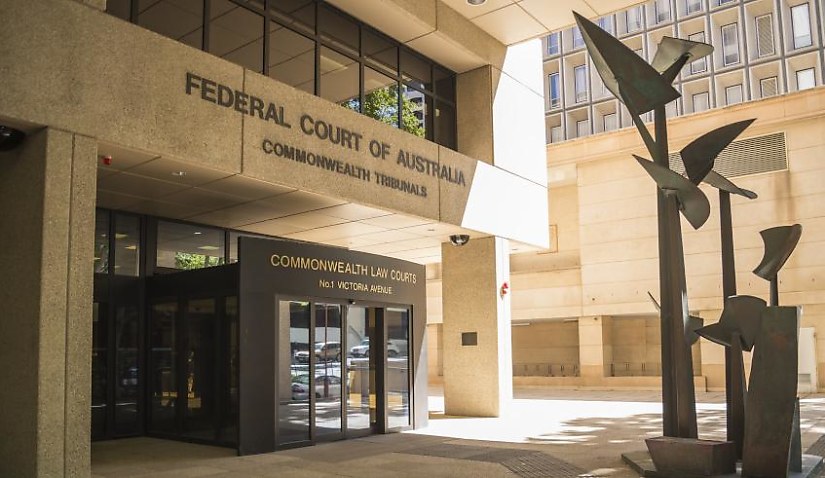Powered by MOMENTUM MEDIA
A Federal Court judge says the move from paper filing to electronic systems has allowed a former solicitor’s bankruptcy matter to slip through the cracks, adding “procedural insult to procedural injury”.

Alexander Kurschinsky, a former sole practitioner struck off in June 2020 for professional misconduct, filed a review of a bankruptcy decision, which triggered an administrative headache for the Federal Court and the Federal Circuit and Family Court (Circuit Court).
Instead, in October 2023, Mr Kurschinsky filed a review with the Circuit Court “without any apparent check whatsoever by the registry of that court” to determine whether it could accept the application.
“In this instance, a combination of bifurcation of bankruptcy jurisdiction, a deficient administration of the registries of each court having such jurisdiction, and a party who, whilst legally qualified at one stage, nonetheless acts for himself, have yielded something of a free for all,” Justice John Logan of the Federal Court said.
Justice Logan said the situation has offered “pause for thought about the bifurcation of bankruptcy jurisdiction”.
He added it also offered pause for thought around the administration of both registries and the “adequacy” of the current practices, especially in respect of the electronic filing system.
Justice Logan said these “patent deficiencies” may have been avoided had the Circuit Court realised it had no jurisdiction to review an order made by a Federal Court registrar and had found Mr Kurschinsky’s application to be “well out [of] time”.
To add “procedural insult to procedural injury”, Justice Logan said accepting affidavits from Mr Kurschinsky revealed “lapses”.
“There is just no meaningful attention by registrars, as once there was with paper filing, in relation to whether or not documents should be accepted for filing,” Justice Logan criticised.
“All too often, the first occasion upon which non-compliance with basic requirement of rules of court is exposed is when an alternative associate or judge comes to see documents concerned shortly before occasion for an exercise of Commonwealth judicial power arises.”
Turning to the application for review, Justice Logan pressed that while Mr Kurschinsky was out of time, it still would have been denied.
In addition to a claim he had a counter-claim set-off or cross-demand that would match or exceed the bankruptcy amount, Mr Kurschinsky alleged the judgment had been “obtained by fraud”.
Specifically, Mr Kurschinsky alleged it was an “abuse of process” for the Queensland Law Society to seek the bankruptcy notice in circumstances where the magistrate concerned with his matter “had acted in a way which constituted a breach of judicial duty”.
Justice Logan said such an allegation “is amongst the gravest one might make against a judicial officer” and that there was “no such evidence whatsoever” for Mr Kurschinsky to make it.
“The end result is that, however meritorious or otherwise might be the explanation offered by Mr Kurschinsky for his delay in seeking the review of the registrar’s decision, he has not shown by evidence that there is occasion to set aside the bankruptcy notice.
“Instead, there is every reason, in light of what I have stated, to dismiss his application,” Justice Logan determined.

Naomi Neilson is a senior journalist with a focus on court reporting for Lawyers Weekly.
You can email Naomi at: